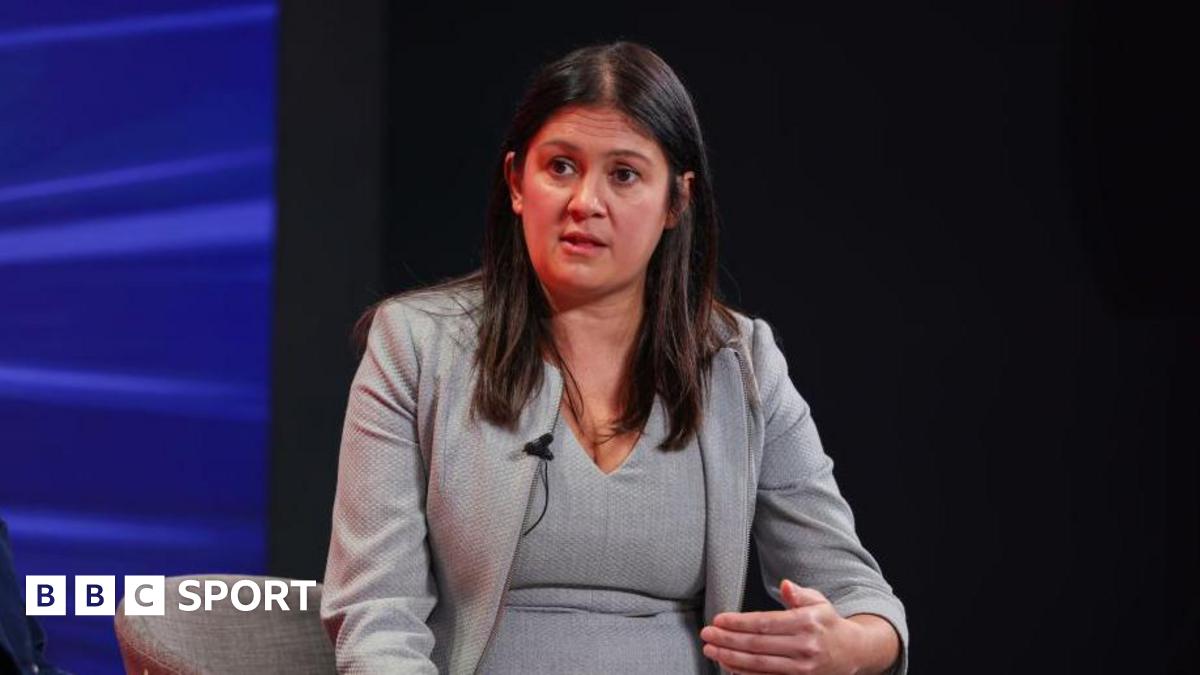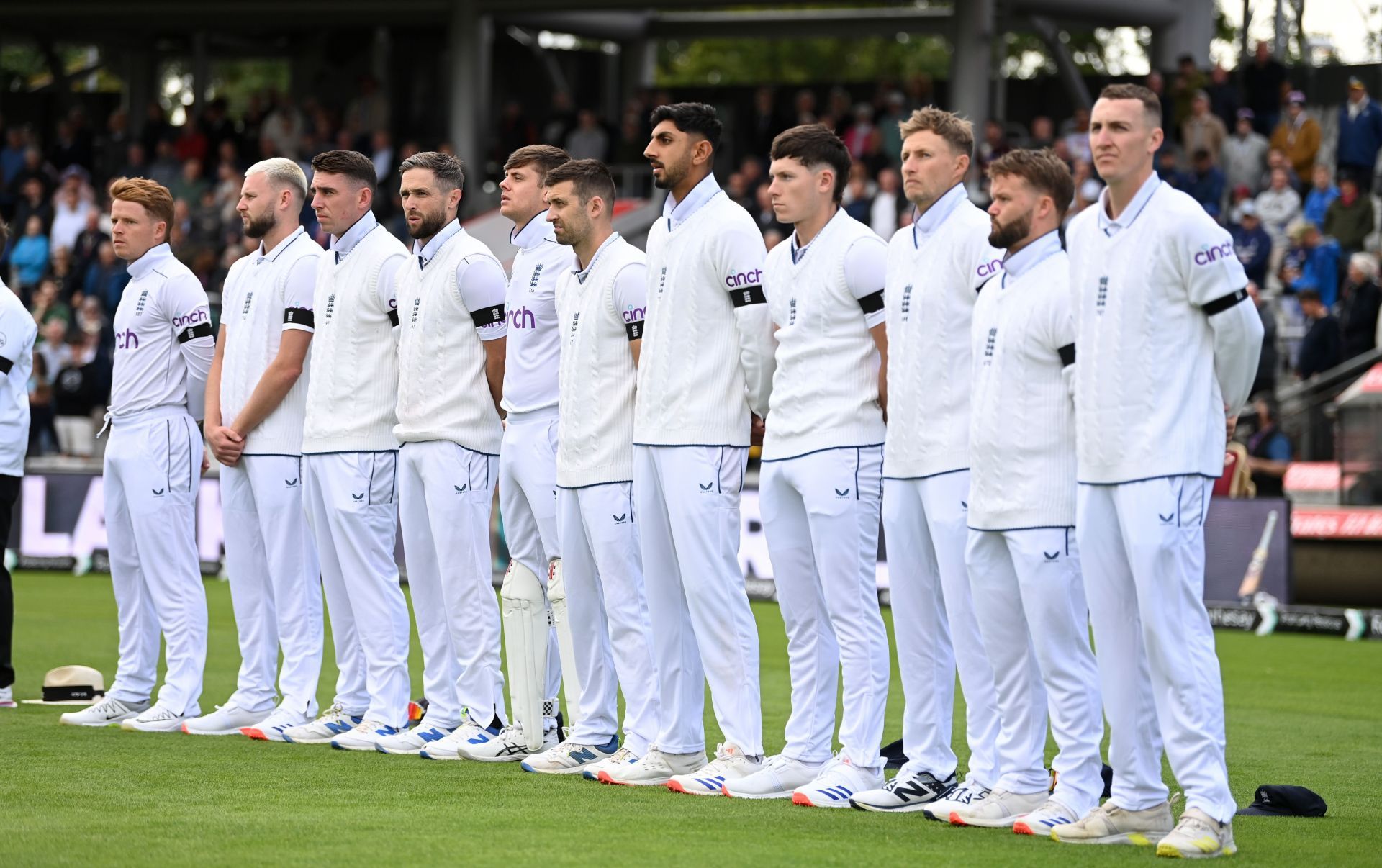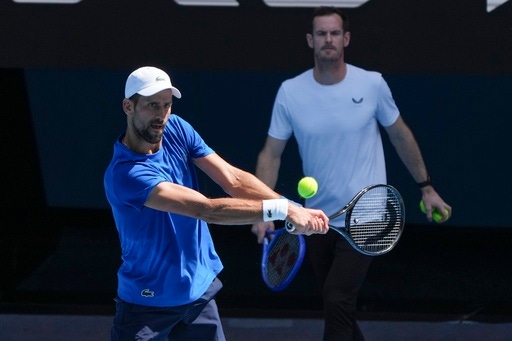South Africa sports minister advocates for boycott of Afghanistan in Champions Trophy | Cricket News – Times of India

South Africa’s Sports Minister, Gayton McKenzie, has publicly advocated for the South African men’s cricket team to boycott their upcoming Champions Trophy match against Afghanistan. The tournament is scheduled for next month in Pakistan. McKenzie’s call for a boycott stems from his desire to show solidarity with the women of Afghanistan, who have faced significant restrictions on their freedoms and rights since the Taliban regained control in August 2021.
McKenzie expressed his support for the boycott, acknowledging the complexities of Afghanistan’s history. He feels a moral obligation to advocate for this stance.
Go Beyond The Boundary with our YouTube channel. SUBSCRIBE NOW!
“Public support for a boycott was ‘a position that I feel morally bound to support, despite the deep complications of Afghanistan’s recent and tragic history’,” Gayton McKenzie stated.
McKenzie highlighted the International Cricket Council‘s (ICC) stance against political interference in sports administration, noting its apparent inconsistency regarding Afghanistan. He emphasised that the ultimate decision rests not with him, but with the relevant cricketing authorities.
“I am aware that the ICC, like most international sporting mother bodies, professes not to tolerate political interference in the administration of sport, despite its obvious inconsistency with Afghanistan.”
He clarified his personal position, stating his strong opposition to playing against Afghanistan under the current circumstances.
“It is not for me as the sports minister to make the final decision on whether South Africa should honour cricketing fixtures against Afghanistan. If it was my decision, then it certainly would not happen.”
McKenzie drew a parallel to South Africa’s history of apartheid, explaining his stance against discrimination in sports. He stressed the hypocrisy of ignoring the plight of Afghan women while condemning similar injustices faced by South Africans during apartheid.
“As a man who comes from a race that was not allowed equal access to sporting opportunities during Apartheid, it would be hypocritical and immoral to look the other way today when the same is being done towards women anywhere in the world.”
Peter Hain, a South African-born anti-apartheid activist and member of the UK House of Lords, penned an open letter to Cricket South Africa (CSA) Chief Executive Pholetsi Moseki. The letter, published by Daily Maverick, highlighted the escalating erosion of women’s rights in Afghanistan under Taliban rule.
“Sport was only the first joy to be removed from women in Afghanistan, and since then the Taliban have removed their most basic human rights and freedoms on a prolific scale.”
Hain detailed the extensive restrictions imposed on Afghan women, including limitations on education, employment, healthcare, and even basic freedoms of movement and expression.
“Women are denied access to schools and universities, have been barred from most forms of employment and have now been denied all healthcare, as they can no longer train as nurses or be treated by male medics. They are banned from beauty salons, stadiums, gyms and parks, cannot travel alone without a male chaperone, dance, sing or drive. Their faces are banned from view, their voices from being heard, even in prayer. Most recently, the Taliban has banned windows through which women might be glimpsed in their domestic spaces.”
Hain appealed to CSA to raise awareness within the ICC about the plight of Afghan women cricketers and to express solidarity with Afghan women and girls who aspire to participate in sports.
“Will South African cricket please raise the plight of Afghan women cricketers in the ICC and express firm solidarity with Afghan women and girls who wish to play?”
CSA responded with a statement condemning the suppression of women’s rights in Afghanistan. They affirmed their commitment to gender equality in cricket.
“CSA found ‘the treatment and suppression of women’s rights in Afghanistan abhorrent and firmly believes that women’s cricket deserves equal recognition and resources, an area in which CSA’s record on women’s cricket in South Africa speaks for itself’.”
CSA clarified that their stance on Afghanistan’s participation in the Champions Trophy would be guided by the ICC’s regulations and requirements.
“As the Champions Trophy is an ICC event, the position on Afghanistan must be guided by the world body in accordance with international tournament participation requirements and regulations.”
CSA President Rihan Richards emphasised the importance of a unified approach from ICC members. He reiterated CSA’s commitment to finding a solution that supports women’s cricket in Afghanistan and promotes positive change in the country.
“We are of the view that a more unified and collective approach from all ICC members will be more impactful. CSA is committed and will continue to engage in constructive dialogue with the ICC and other members to find a solution that upholds women’s cricket in Afghanistan and influences meaningful change in that country.”
The Taliban’s return to power in August 2021 significantly marginalised women and girls in Afghan society. This drew criticism towards South Africa when they played an ODI series against Afghanistan in Sharjah in September of the following year. Notably, McKenzie, who held his current position at the time, remained silent on the matter.
Lawyers for Human Rights, a non-governmental organisation with a long history of fighting oppression, criticised South Africa’s decision to play against Afghanistan. They argued that it amounted to an endorsement of the Taliban regime.
“South Africa’s decision to continue playing against the Afghanistan national cricket team is not just a sporting choice – it is a tacit endorsement of the Taliban’s repressive regime.”
CSA defended their engagement with the Afghanistan Cricket Board, arguing against punishing Afghan cricketers for the actions of the Taliban regime.
“CSA believes there is no justification for subjecting Afghan cricket players – both male and female – to secondary persecution for the actions of the Taliban…[CSA will continue] their engagement with the Afghanistan Cricket Board, despite the challenging environment posed by the Taliban regime. Gender advocacy in cricket should never be advanced by meting out punishment on innocent cricket administrators and players for the misdemeanours of a regime that stands to lose nothing from that punishment….”
McKenzie’s recent statement coincided with the start of the SA20, which includes seven Afghan players.
Afghan cricketer Rashid Khan, captain of the MI Cape Town in SA20, spoke about the benefits Afghan cricket has gained from players’ participation in T20 leagues, highlighting the learning opportunities and exposure to international competition.
“Since our players have been playing in the [T20] leagues, Afghanistan cricket has benefitted. We got to the semi-finals of the [2024] T20 World Cup. Ten years before that, I don’t think anybody would have thought Afghanistan would get to the semi-finals.”
Khan emphasised the importance of such leagues for Afghan players, given the lack of a domestic league providing similar opportunities.
“We don’t have our own league where we can go and play with superstars. But here you get the opportunity. You share a dressing room with them for a month and you learn from them. That’s how your cricket grows. And I feel that has really helped Afghanistan cricket.”
McKenzie’s call for a boycott aligns with a similar push by over 160 UK politicians urging England to boycott their Champions Trophy match against Afghanistan.
Australia maintains a policy of not engaging in bilateral cricket series with Afghanistan but continues to play against them in international tournaments. They are scheduled to face Afghanistan in Lahore on February 28.
South Africa’s opening match in the Champions Trophy is against Afghanistan in Karachi on February 21.
Related
England v Afghanistan: Culture Secretary urges caution against boycott calls
England's men's cricket team should play against Afghanistan in the Champions Trophy, despite calls for a boycott in response to the Taliban regime's assault on
Inzamam, Misbah among new inductees into PCB Hall of Fame…
Inzamam-ul-Haq, left, and Misbah-ul-Haq (Agency Photos) The Pakistan Cricket Board (PCB) on Friday announced the names of latest inductees into the prestigious
Champions Trophy: Will Rohit Sharma have a shot at redemption?…
One-day cricket is the go-to game for Rohit Sharma. (Photo by Ishara S. Kodikara/AFP via Getty Images) NEW DELHI: From the high of winning the T20 World Cup in
“Cricket as a sport, globally, has the highest rates of…
Former India batter Robin Uthappa has claimed that cricket has the highest suicide rate among all global sports. Uthappa, who has himself dealt wit











